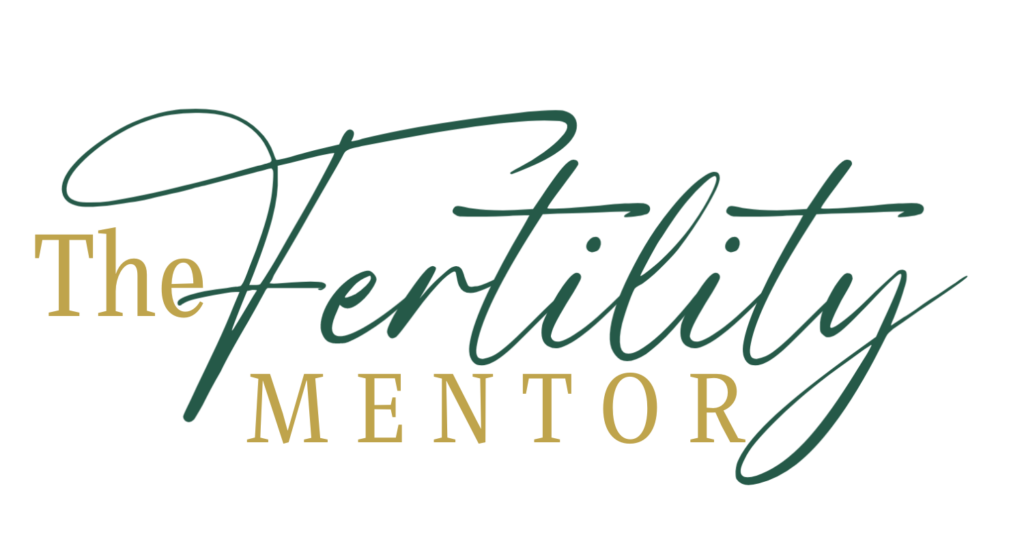
Infertility is a heart-wrenching journey that many women, like those featured in the Netflix documentary “The Man with 1000 Kids,” navigate with immense courage and desperation. As a fertility expert, I’ve seen firsthand how the high costs of sperm bank donations and assisted reproductive technologies (ART) push women to the brink, sometimes leading them into the clutches of deceitful individuals preying on their vulnerability. In this blog post, I’ll share my perspective on the documentary, empathise deeply with the women longing to hold their babies, and express my contempt for the man who exploited their dreams. Let’s dive in and discuss how we can support each other in this challenging journey.
Heartbreaking Realities of Infertility
The emotional toll of infertility is profound and often isolating. Women facing infertility frequently blame themselves, feeling a deep sense of failure and guilt. This emotional burden is only amplified by societal pressures and the ticking biological clock. Many women, like those in “The Man with 1000 Kids,” experience desperation, willing to do anything to become mothers. This intense longing can lead them to make risky decisions, sometimes falling prey to deceitful individuals. The journey through infertility can be a rollercoaster of hope and despair, with each failed attempt chipping away at their emotional well-being. It’s crucial to acknowledge these feelings and offer support, reminding them they are not alone and their worth isn’t defined by their ability to conceive. Understanding and empathy from loved ones and professionals can make a significant difference in navigating this challenging path.
High Costs of Sperm Donations
The financial burden of sperm donations is staggering. With prices ranging from £5-30k per donation, many women and couples find themselves in a difficult position before even considering the additional costs of assisted reproductive technologies (ART). These high costs can be prohibitive, leading women to seek alternative, less regulated options. Unfortunately, this desperation can make them vulnerable to scams and deceitful individuals, as seen in “The Man with 1000 Kids.” The financial strain adds to the emotional toll, creating a vicious cycle of stress and anxiety. It’s essential to highlight these challenges and advocate for more affordable and accessible fertility treatments. By raising awareness and pushing for change, we can help alleviate some of the financial pressures on women and ensure they can pursue their dreams of motherhood without falling prey to exploitation.
Desperation and Vulnerability
Desperation and vulnerability are constant companions for many women struggling with infertility. The intense desire to become a mother can cloud judgment and lead to decisions that might not be in their best interest. In the documentary “The Man with 1000 Kids,” we see how these emotions make women easy targets for deceitful practices. Their vulnerability is exploited by individuals who promise them the dream of motherhood but deliver only heartbreak and betrayal. This desperation is not born out of weakness but from a profound and natural longing to nurture and create life. Society often fails to recognize or support these women adequately, leaving them to navigate this challenging journey alone. It’s essential to foster a community where these women feel seen, heard, and supported, ensuring they have the resources and emotional backing to make informed and safe decisions on their path to motherhood.
The Man with 1000 Kids: A Deceptive Tale
Preying on Vulnerable Women
The documentary “The Man with 1000 Kids” reveals a chilling narrative of how one man exploited the desperation of vulnerable women. These women, driven by their profound longing for children, became easy targets for his deceptive schemes. He preyed on their hopes and dreams, offering them a seemingly attainable path to motherhood while hiding his true intentions. This exploitation is not just a betrayal of trust; it’s a violation of their deepest aspirations. The emotional and psychological damage inflicted by such deceit can be long-lasting, further complicating their already challenging fertility journey. It’s a stark reminder of the importance of safeguarding vulnerable women and ensuring they have access to reliable, ethical fertility services. By raising awareness and advocating for stricter regulations, we can help protect future hopeful mothers from similar exploitation and support them in achieving their dreams in a safe and respectful manner.
The Consequences of His Actions
The consequences of the man’s actions in “The Man with 1000 Kids” are far-reaching and devastating. Not only did he shatter the dreams of countless women, but he also created a complex web of familial connections that will affect many lives for years to come. These women, who entrusted him with their hopes, now have to grapple with the emotional fallout and the reality of raising children born from deceit. The children, too, will eventually face the truth of their origins, which can lead to identity crises and emotional turmoil. Moreover, this betrayal undermines trust in the entire fertility industry, making it harder for genuine professionals to support and assist women in their fertility journeys. It’s crucial to address these consequences and offer support to those affected, ensuring they have the resources and emotional backing needed to navigate the aftermath and rebuild their lives.
Ethical Implications and Repercussions
The case of “The Man with 1000 Kids” raises significant ethical questions and repercussions for the fertility industry. The man’s actions were not only morally reprehensible but also exposed glaring loopholes in the regulatory frameworks governing sperm donation and assisted reproductive technologies (ART). The exploitation of vulnerable women highlights the urgent need for stricter ethical guidelines and better enforcement mechanisms to protect those seeking fertility treatments. Additionally, this deceptive tale undermines public trust in fertility services, making it harder for honest professionals to provide the support and care that women need. The ethical implications extend beyond individual cases, affecting the broader societal perception of fertility assistance. To prevent future occurrences, it’s imperative to advocate for comprehensive ethical standards and transparent practices in the fertility industry, ensuring that the dreams of hopeful parents are safeguarded and respected at every step.


